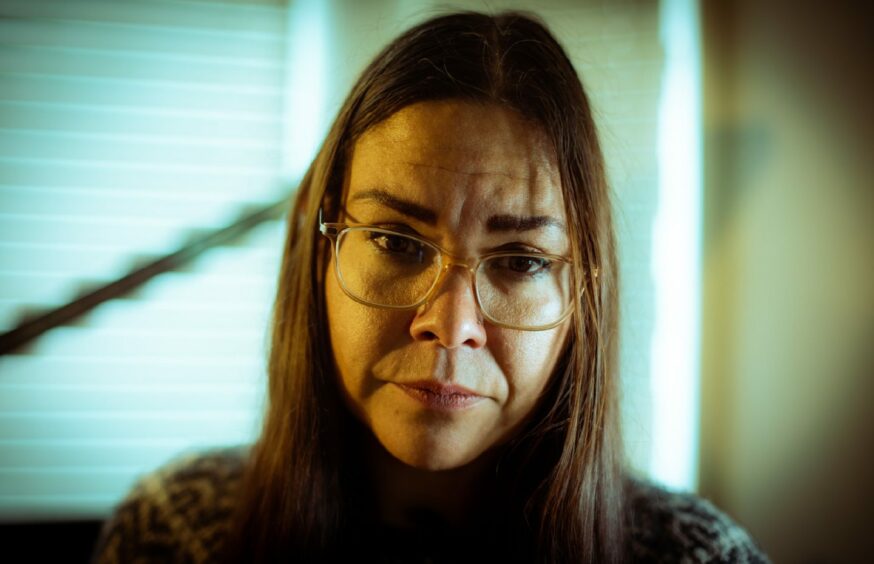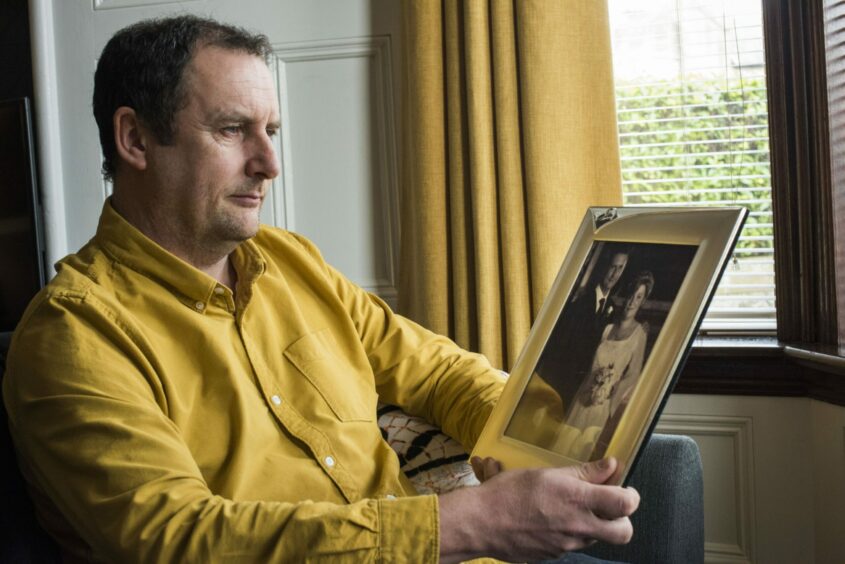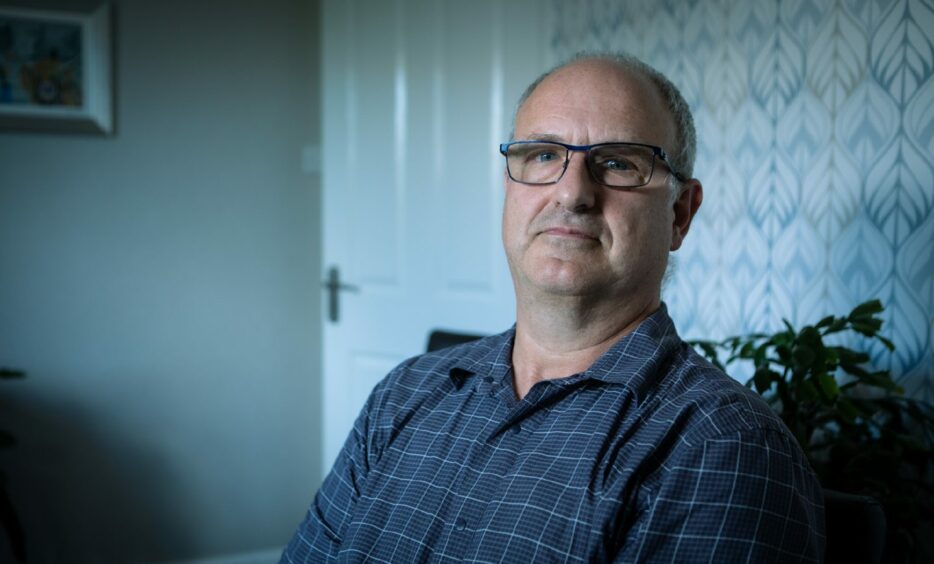Our NHS Tayside breast cancer investigation lifts the lid on alarming new evidence in a scandal affecting the lives of hundreds of women.
In a series of exclusive video interviews, we hear for the first time from those at the heart of a saga which has dogged services in the region.
We explore the lack of evidence around government claims women were put at increased risk of their cancer returning.
And we reveal how senior officials missed repeated warnings that botched reports risked collapsing a once highly-respected breast cancer department.
Our feature-length documentary hears claims that:
- Women were put in danger by a mandate to give stronger treatment to all patients – even those who could not tolerate it
- All of NHS Tayside’s medical management team privately acknowledged flaws in government claims around risk
- Those who attempted to raise the alarm were ignored or “silenced”
- NHS Tayside tried to suppress statements in support of the doctors
A scandal years in the making
It has been more than three and a half years since we first learned that nearly 200 breast cancer patients in Tayside were given lower doses of chemotherapy drugs by their doctors.
The consultants involved say they reduced the amount to lessen the harmful side effects of a treatment they argue was “unacceptably toxic” at the stronger dose.
But government-commissioned reports made the bombshell claim that the change will see around one woman every year have their cancer come back unnecessarily.
Breast cancer service ‘collapse’
The fall-out from that claim has seen the breast cancer service in Dundee collapse and some patients forced to travel to other health boards for treatment.
Meanwhile, the reputational damage to NHS Tayside has made it even more difficult to recruit new staff in the midst of a national shortage of specialists.
We hear from patient Lee Dennis, who believes there has been a “cover-up”.
“I met them all and everybody was evasive,” she tells us.
“Every single person I asked tried to shut me down, said I don’t want to appear in a news article with you.
“It’s like we’re sorry you feel like that, it’s not really a problem though is it, dear, off you go. Appalling.”
Les Johnson, who lost his wife Ruth to cancer in November last year, questions the figures about the risk of the disease returning.
“In my personal opinion I think, yes, there was a cover-up,” he tells us.
NHS Tayside whistleblower
Whistleblower and former lead cancer pharmacist Mark Parsons has agreed to speak publicly for the first time to explain why he could not let a loved one receive the treatment given to women in Tayside.
Consultant radiotherapist Douglas Adamson breaks his silence to set out why he believes patients, families and the public have been misled.
Former board member Norman Pratt explains why he also believes there has been a cover-up at the highest level.
And we put their concerns directly to Health Secretary Humza Yousaf.
You can read all of our coverage on the breast cancer scandal here.




Conversation